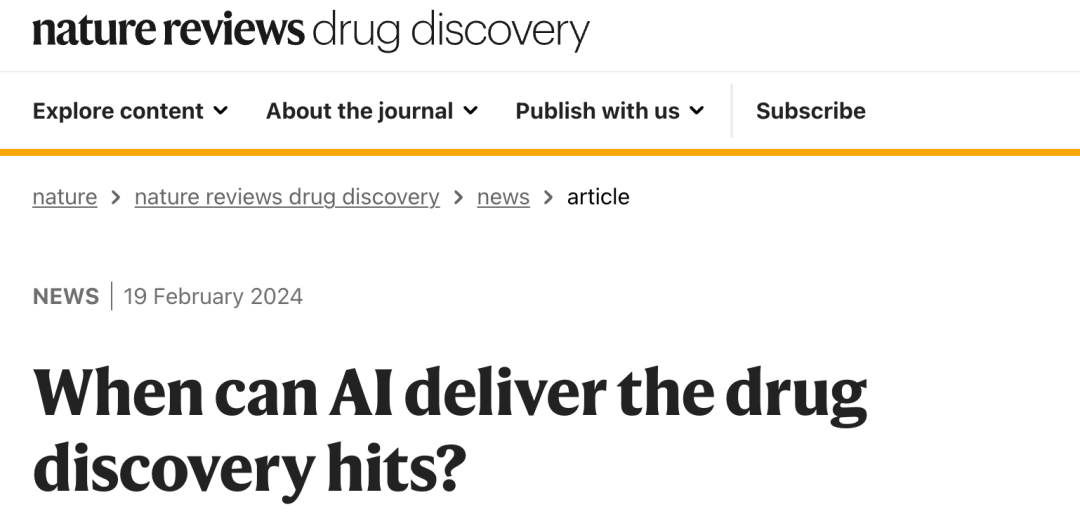A combination of immunotherapy drugs that prompts some immune cells to engulf cancer cells and alert other cells to attack the tumor could put rats with a deadly form of brain cancer called glioblastoma into long-term remission. The finding, published recently in Nature Communications, could lead to new treatments that may significantly extend the survival of human glioblastoma patients. Even with the most advanced treatments currently available, the average survival of glioblastoma patients is only extended by 15 months.
There are two branches of the immune system: one is the innate immune system, an earlier evolved system that constantly scans the body and "eats" foreign invaders, such as bacteria or viruses, through a process called phagocytosis; the other is adaptive immunity, which provides a more targeted and stronger response based on memories gained from previous exposure to pathogens. These branches overlap to some extent, for example, the innate immune system trains the adaptive immune system to know how to use potential pathogens it encounters to focus its energies in order to launch an attack on the target.
The autoimmune response of Covid 19 patients works on the same principle, and offer an opportunity for drug designers to tackle this serious medical conditions. SciTech Pharma with its SigmaHit Drug Design Program, plan to design a drug for Covid 19, thus offering one of the many solutions to this global pandemic.





